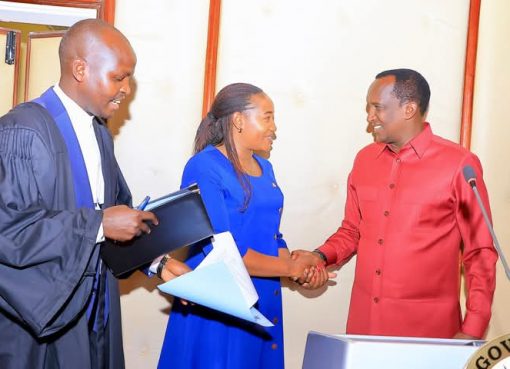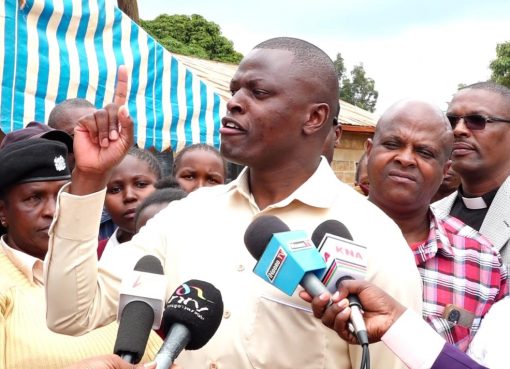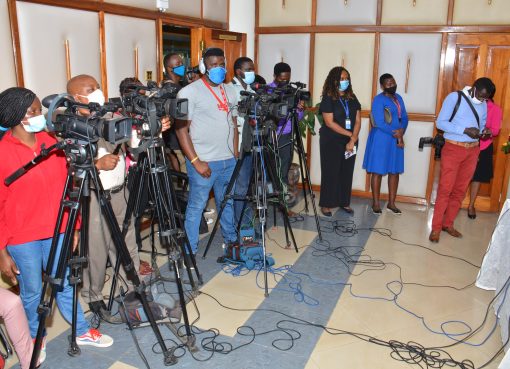Nakuru County government is promoting use of alternative dispute resolution to resolve land cases and speed up issuance of title deeds to residents.
Governor Lee Kinyanjui observed that nearly 52 percent of civil and criminal cases before law courts within the devolved unit revolved around land disputes, thus frustrating a joint National and County government titling programme.
In a statement issued in Nakuru by the County Government Director of Communication, Beatrice Obwocha, the governor pointed out that it was unfortunate that resultant bitterness over land wrangles at times manifested itself through violence and murder.
“We are fashioning out alternative options crafted to reduce complainant emotions, reduce process costs and time. Ultimately, our aim is to have outcomes that will enjoy better support and ownership by the affected individuals and families, and are hence less likely to precipitate acrimony and violence afterwards.
In some land case where the wealthy can afford inhibitive costs of lawyers and land professionals, the poor and the weak remain over-exposed. The poor occasionally easily lose such cases on simple technicalities,” asserted Kinyanjui.
The County government has entered into collaboration with the Ministry of Land to issue at least 100,000 title deeds to residents within the 11 Sub-Counties of Nakuru.
The titling programme is aimed at bringing to a close perennial incessant land skirmishes and those regarded as historical injustices in parts of the county.
The Internally displaced persons (IDPs), settlement schemes, land buying companies and other individuals will also be incorporated in the programme.
So far 42,000 title deeds have been processed. 7,000 title deeds have already been issued to Naivasha residents and another 6,500 to land owners in Gilgil Sub-County.
The mediators who include land registrars, surveyors and planners have been tasked to resolve land disputes to ensure more residents get title deeds under the titling programme.
“A new study has confirmed that residents are inclined to refer every small land matter that pops up to the courts for judicial determination. Subsequently, the county has numerous land cases in court that take long and give mixed results.
“The County has rolled out an elaborate training programme targeting County and National government officials on alternative land dispute resolution mechanisms,” revealed the County boss.
At the 26,000-acre Ngongongeri land within Njoro Sub-County, alleged well connected individuals have been accused of displacing genuine land owners, whereas in Mariashoni and Kiptunga on the fringes of the vast Mau Forest Complex, the government slapped a caveat following prolonged disputes.
Kinyanjui asked Nakuru Residents to take advantage of the titling programme and acquire the document which he said was not only a proof of ownership but could also be used for economic empowerment as a security to procure financial support.
“Our land policy, constitution and laws provide for alternative methods of seeking solutions where disputes arise. Mechanisms such as negotiation, mediation and arbitration will facilitate expeditious and affordable access to justice.
In addition, the Constitution requires courts and tribunals to be guided by, among others, the principle of alternative dispute resolution where this includes reconciliation and traditional dispute resolution mechanism” said the governor.
Naivasha, Njoro, Rongai, Gilgil, Bahati, Molo, Kuresoi South, Mai Mahiu and parts of Mau Narok have experienced disruptions of peace due to disagreements over land.
By Anne Mwale




